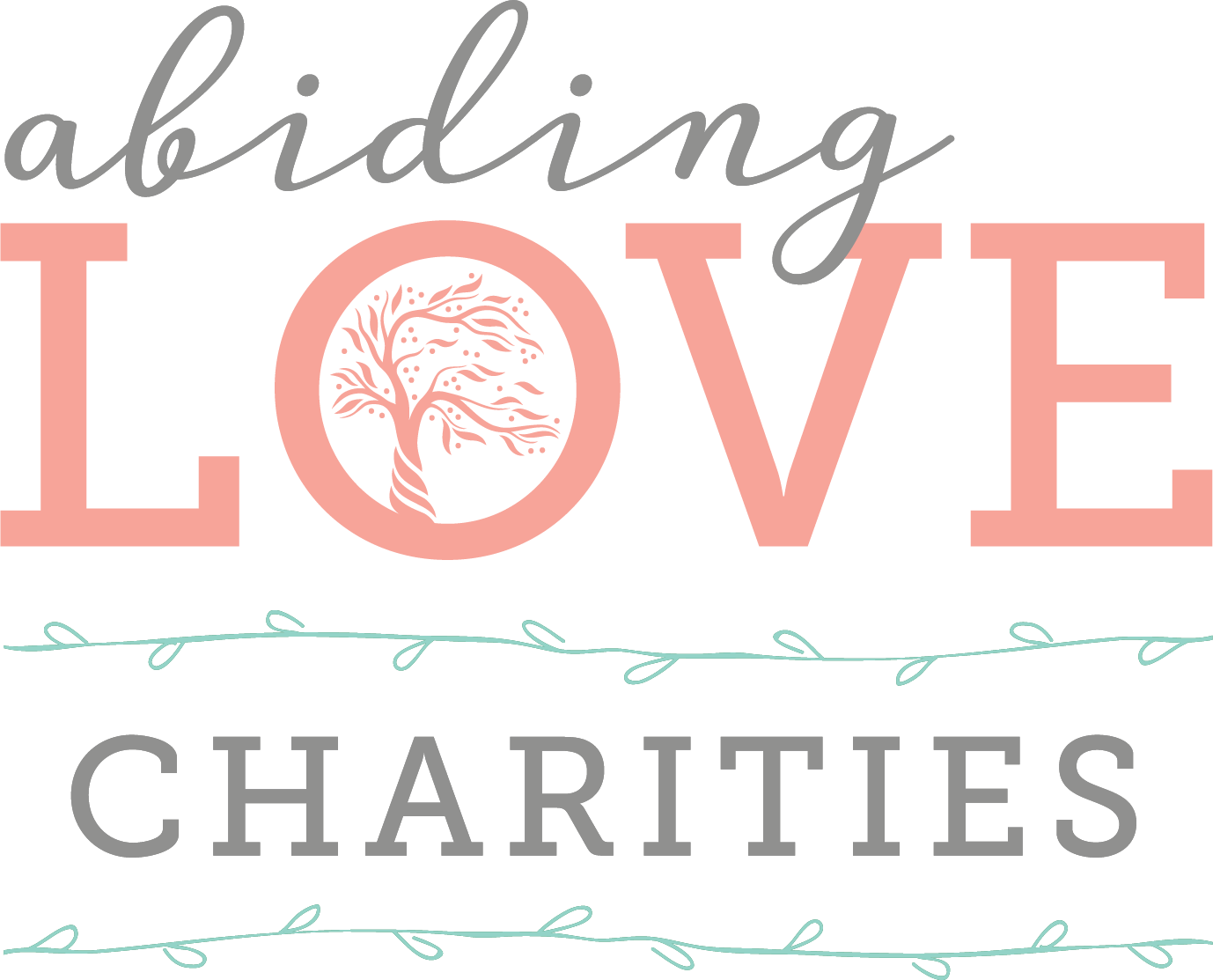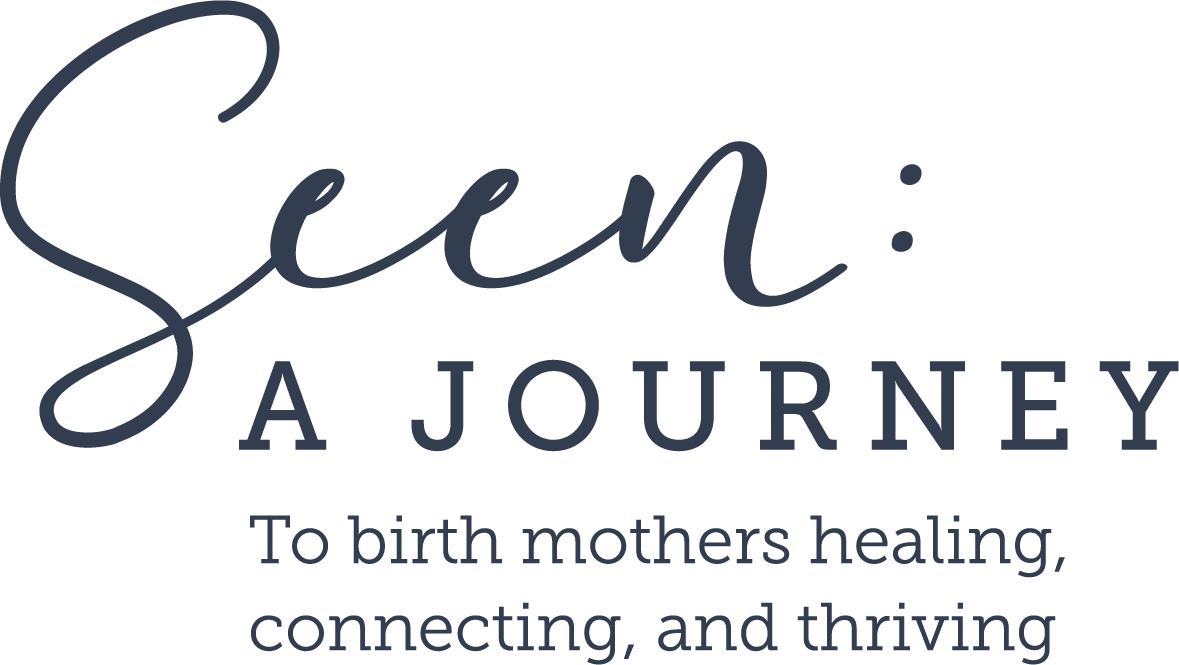Most people associate the word “love” with feelings of hope, desire, joy, and safety. Love, though, is so much more than the fond feelings we have toward someone.
We’ve all heard it before: Love Is a Verb.
But what does love really look like when we apply it to the context of adoption, and when is love not enough?
John 13:34 says, “A new command I give you: Love one another. As I have loved you, so you must love one another.”
Jesus is the perfect example of what it looks like to truly love someone the way we were designed to. Jesus instructs us to love our enemies, do good to those who challenge us, never give up on people, be patient, serve, and welcome others into our lives with open arms. There’s so much more to be said about the way Jesus loved that won’t fit into one blog, but we should strive to let our love reflect what’s above.
In adoption, it is often said that “Adoption is Love.” Yes—in theory that sounds great! But what I see is that so many members of the adoption triad fail to express love unconditionally and only view it as a warm feeling with no action to back it up. I often find myself going back to the age-old acronym we all grew up with: WWJD.
What Would Jesus Do in Adoption?
I believe Jesus would…
… long for a relationship with a child’s biological family.
… weep alongside the mother who had to make an adoption plan.
… be close to the adoptee who is experiencing the sting of biological separation.
… comfort the couple who is unable to conceive a child.
And with that love, I also believe Jesus would…
… rebuke those who deny a child’s biological connection.
… flip tables over the injustices that are still prevalent within the adoption industry.
… be saddened that a biological family was unable to care for their child.
… feel anger when adoptive parents keep a record of wrongdoings.
So, how did God’s love show up in my adoption story?
When I placed my child for adoption, I know that the Lord was as devastated as I was. Instead of celebrating the separation, I think He felt deep sadness for what we were going through and the challenges ahead. My pregnancy and adoption experience caused me to rebel and lash out at those who were most important to me, and it affected every aspect of my life. I felt jaded toward the church for the shame I endured during my pregnancy and spent many years dodging God and his desires for my life. I felt that I had made such a grave error that my actions and behaviors no longer mattered. I had been so careful my whole life to walk a straight path, and look where it got me.
It wasn’t until I realized that God was angry, too, that I was able to heal and experience His love in ways I hadn’t before. He was just as frustrated about the mistreatment I endured and disappointed with the way society’s messages led me to feel inadequate. It wasn’t God who let me down during the most vulnerable time of my life; it was society.
Growing up, I failed to see God as dynamic. Obligation and fear were the primary guides in my immature relationship with Christ. I didn’t want to make a mistake for fear of the consequences. That superficial understanding lacked a crucial element: the knowledge that God was in my corner. He wasn’t waiting for me to make a mistake just to say, “I told you so.” He was waiting to show me the depth of His love and grace.
Because of that revelation, I have a greater appreciation for the human condition and see now that we are all in this together. We must remember that no one is perfect when learning to love in our adoption triad and beyond.
Adoptive parents aren’t perfect.
Birth parents aren’t perfect.
Adoptees aren’t perfect.
And that fact should provide us with some comfort and freedom. Loving one another in this space is much easier when we let go of judgment or feelings of entitlement. When we can approach adoption with a collective desire to be good stewards of our skills, gifts, and children, we can honor Christ through it all and learn to thrive in unity.
Love is not enough if we only express it when it’s convenient, because love is more than just a feeling. Love is an action.
Love defends and perseveres. Love comforts and grieves alongside us. Love is angered by mistreatment. Love is dynamic and stands in your corner. Love shows up when no one else is willing. Love braves the discomfort. Love is willing to meet people where they are at. Love challenges us to do and be better. Love is what ties us all together so that we can experience God’s goodness here on earth.


